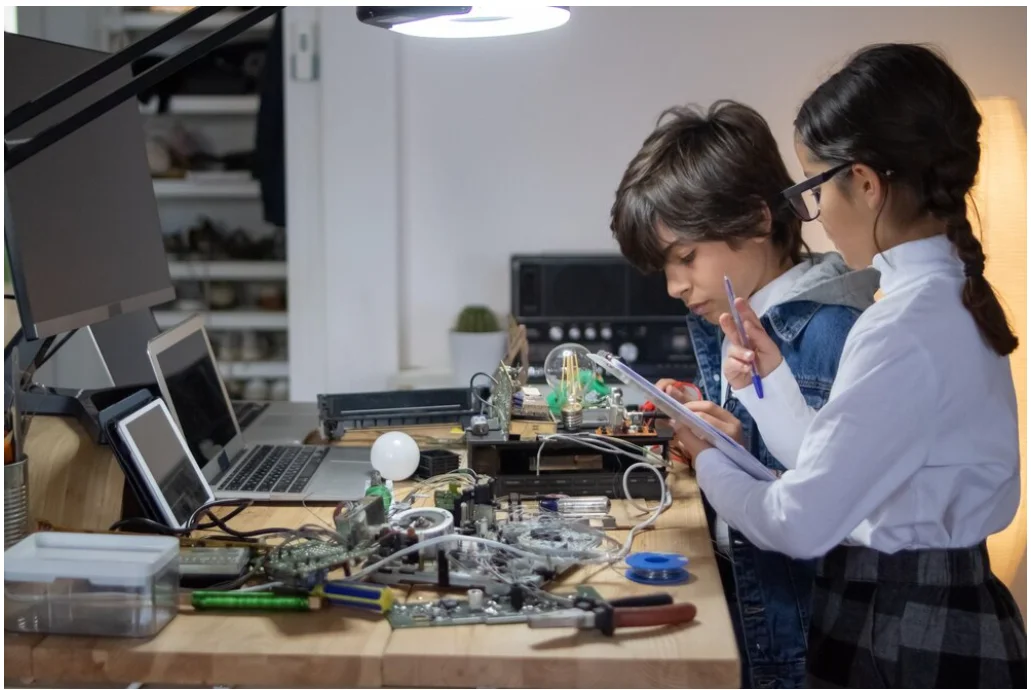
Update: This article was last updated on 16th February 2024 to reflect the accuracy and up-to-date information on the page.
What’s common in the recent past, present, and future is the rapid growth and dominance of technology. Over the last two decades, we’ve seen technology advance significantly, and it now plays a central role in our lives.
To thrive in this tech-centric world, it’s crucial to equip ourselves with technical skills. The increasing demand for people with these skills highlights their importance in today’s and tomorrow’s job market.
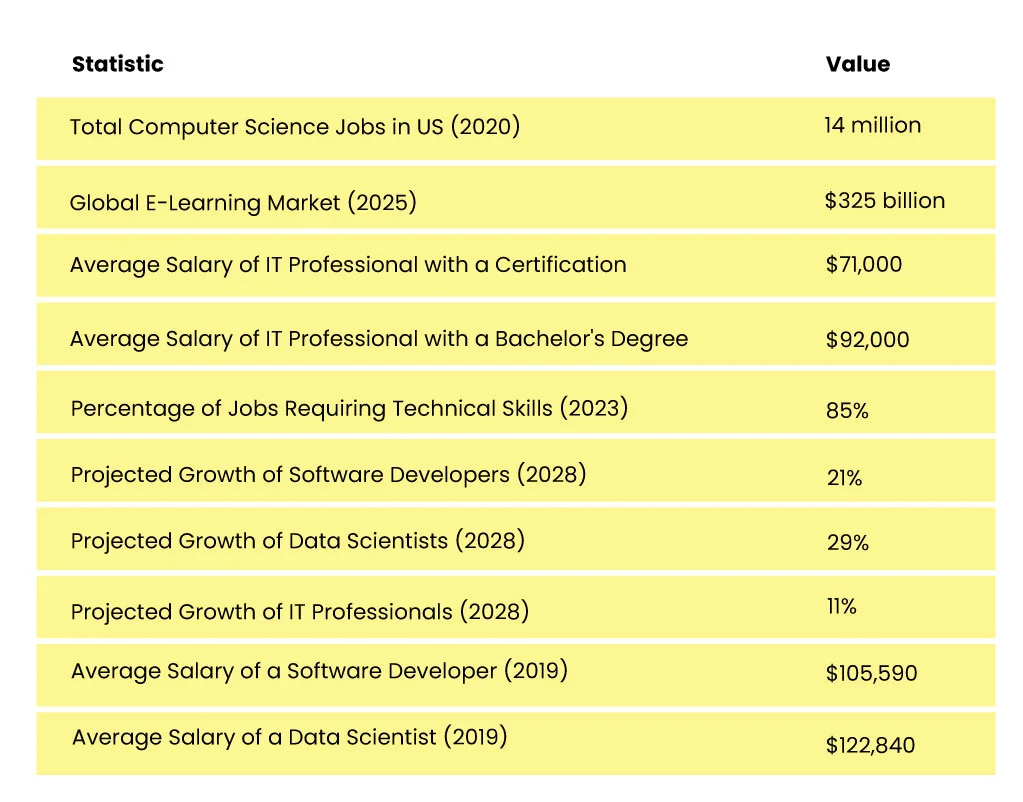
In 2026, there will be certain technical skills that are essential for kids to learn to thrive in a rapidly changing world.
Recommended Reading: TOP 10 STEM SKILLS FOR KIDS
Table of Contents
WHAT IS A TECHNICAL SKILL?
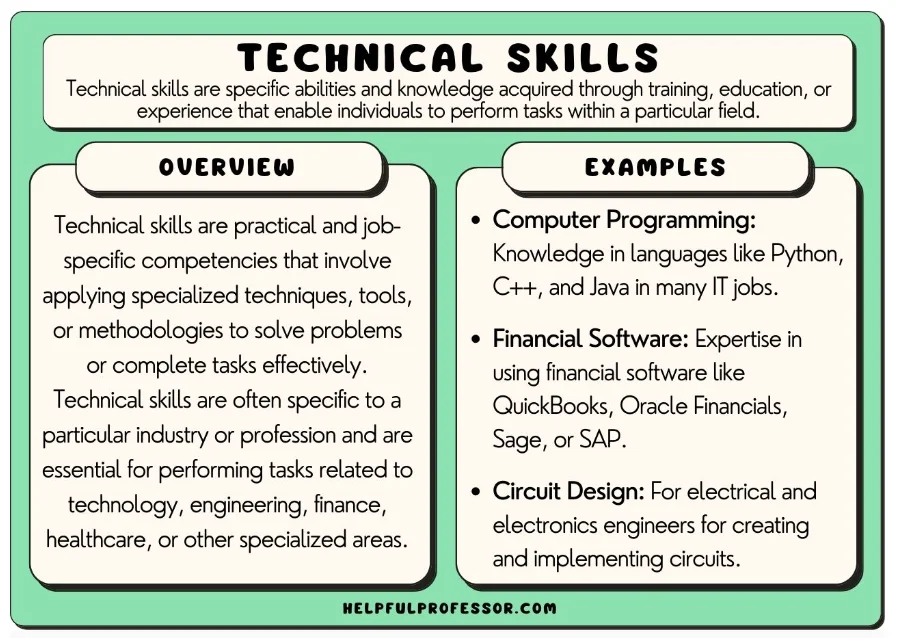
Technical skills are specialized knowledge and experience needed to perform in specialized areas. In other words, technical skills represent the ability to perform tasks proficiently.
Are you confused about which technical skills to teach your child? Worry not! Moonpreneur has prepared a list of the top 10 technical skills you can pick from.
10 TECHNICAL SKILLS KIDS SHOULD LEARN IN 2026
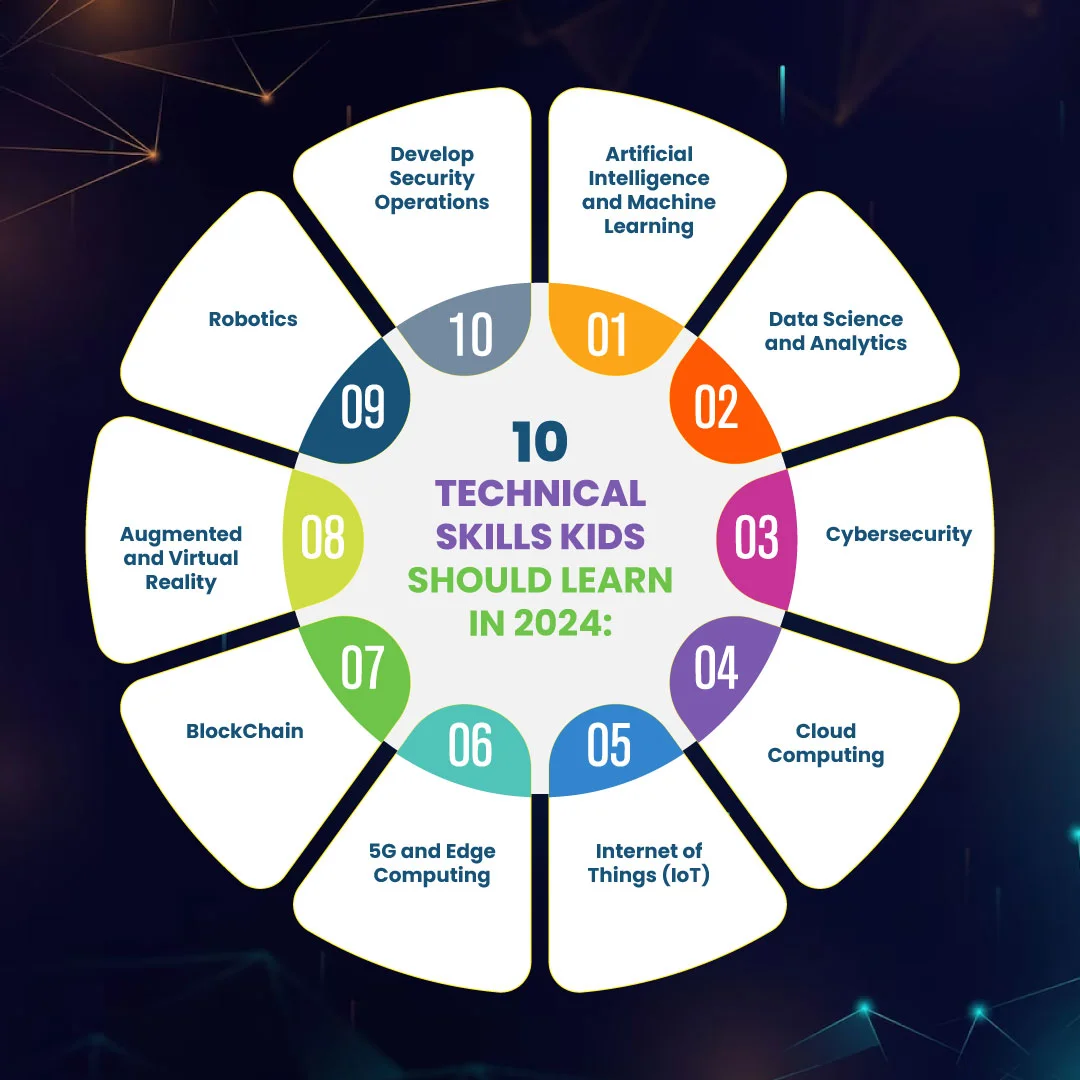
1. ARTIFICIAL INTELLIGENCE AND MACHINE LEARNING
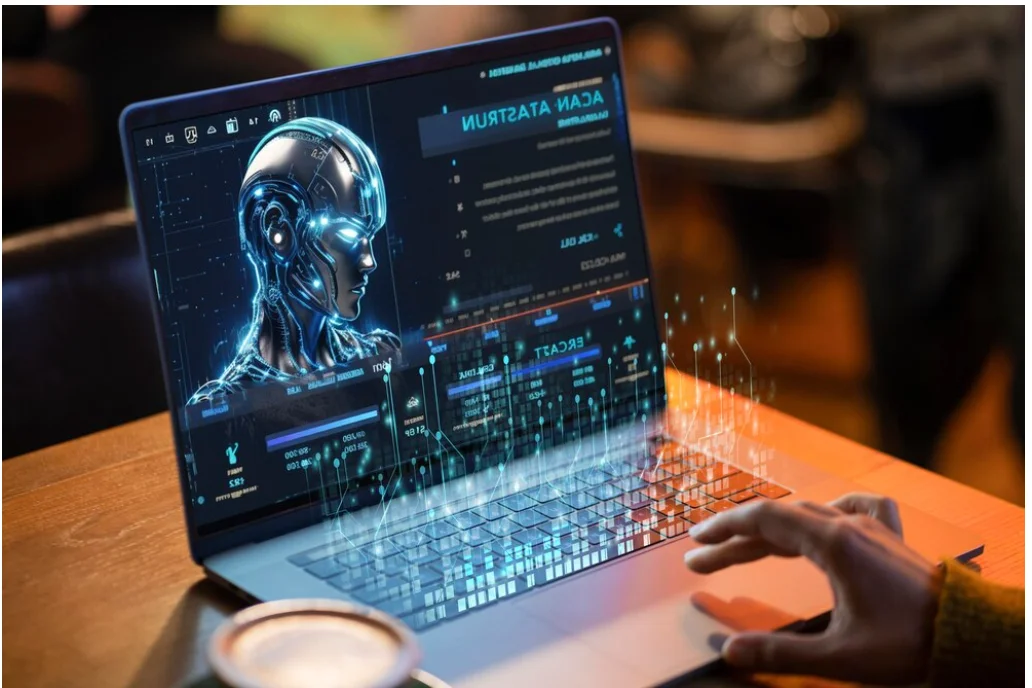
Artificial Intelligence and machine learning have been at the cutting edge of technology for many years, and their importance is only growing. In 2024, a deep understanding of AI and machine learning will be critical in banking and healthcare, among others. Learn how to create AI models, how to interact with neural networks, and how to leverage machine learning techniques to boost your value in an ever-changing job market.
2. DATA SCIENCE AND ANALYTICS

Data is often described as the “new oil,” and it’s easy to see why. The ability to pull valuable insights from massive amounts of data is priceless. If you’re a data scientist/analyst, there’s going to be a huge need in 2024 to help organizations make data-driven decisions. Skills in data science/analytics/data visualization/data engineering will be essential in 2024.
Recommended Reading: 5 NON-TECH SKILLS YOUR CHILD CAN LEARN THROUGH CODING
3. CYBERSECURITY

Cybersecurity is essential for businesses to protect their sensitive information from attackers, and it involves identifying threats and responding to security issues.
Children can learn about cybersecurity, which includes the ability to identify potential threats and vulnerabilities, implement security protocols and tools, monitor and analyze network activity, and respond quickly and effectively to security breaches or incidents.
4. CLOUD COMPUTING

Cloud Computing is the process of delivering computing services, including servers, storage, databases, software, analytics, and more, over the internet or “the cloud.”
It is time-saving and flexible as Cloud computing allows users to store and access data and applications from anywhere without needing physical hardware or on-premises infrastructure.
Recommended Reading: TOP 12 CURRENT TRENDS FOR KIDS (2024 GUIDE)
5. INTERNET OF THINGS (IoT)
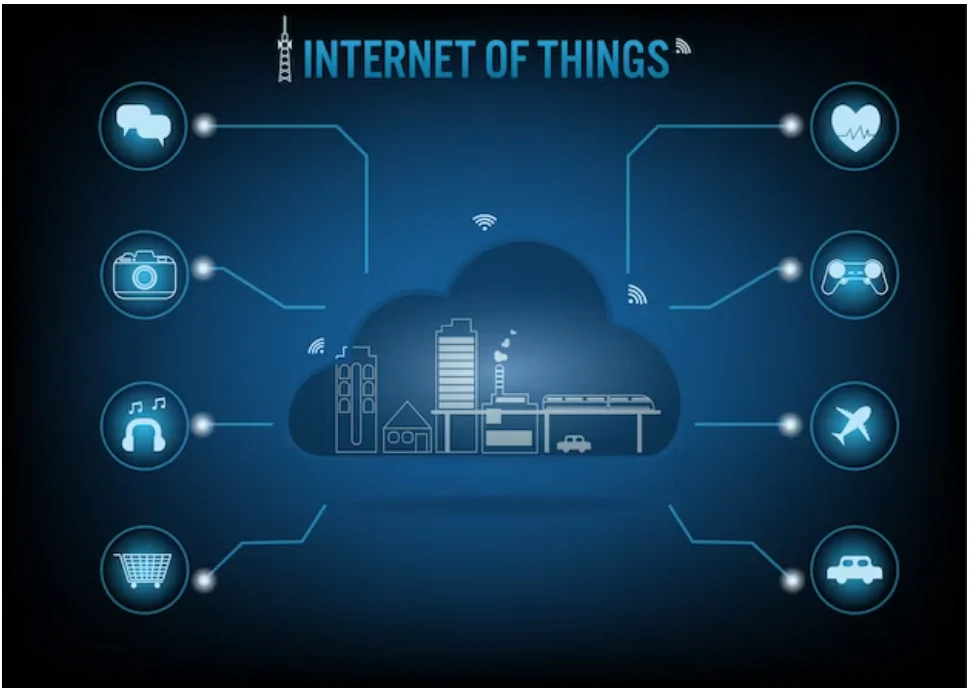
The IoT (Internet of Things) is changing the way we interact with devices and the world around us. From smart home gadgets to industrial machines, IoT is connecting everything. In 2024, IoT will continue to shape the way we live, work, and play. Designing, developing, and securing IoT systems will continue to be an important skill set.
6. 5G AND EDGE COMPUTING

5G is changing the way we connect. Faster data transmission and low latency are two of the key benefits of 5G. Along with 5G, edge computing is on the rise. This means that data processing is happening closer to the source of the data. Understanding 5G and edge computing is essential for network infrastructure and application developers.
Recommended Reading: 20 SUMMER CAMP ACTIVITIES FOR TEENS
7. BLOCKCHAIN

Blockchain is a shared ledger that facilitates the recording process of transactions and asset tracking in a business network. Currently, blockchain is in high demand, which is why kids need to start learning about it.
Blockchain technology enhances the trust, transparency, and security of the data and information shared across a business network.
8. AUGMENTED AND VIRTUAL REALITY

Augmented Reality (AR) and Virtual Reality (VR) are changing the way we interact with digital content and interact with the physical world. In 2026, AR/VR will continue to evolve and find new uses in gaming, education healthcare, and beyond. Learning how to develop AR/VR and design user experiences will open up new opportunities.
Recommended Reading: 10 ACTIVITIES TO TEACH CHILDREN ABOUT UNITY GAMING PLATFORM
9. ROBOTICS
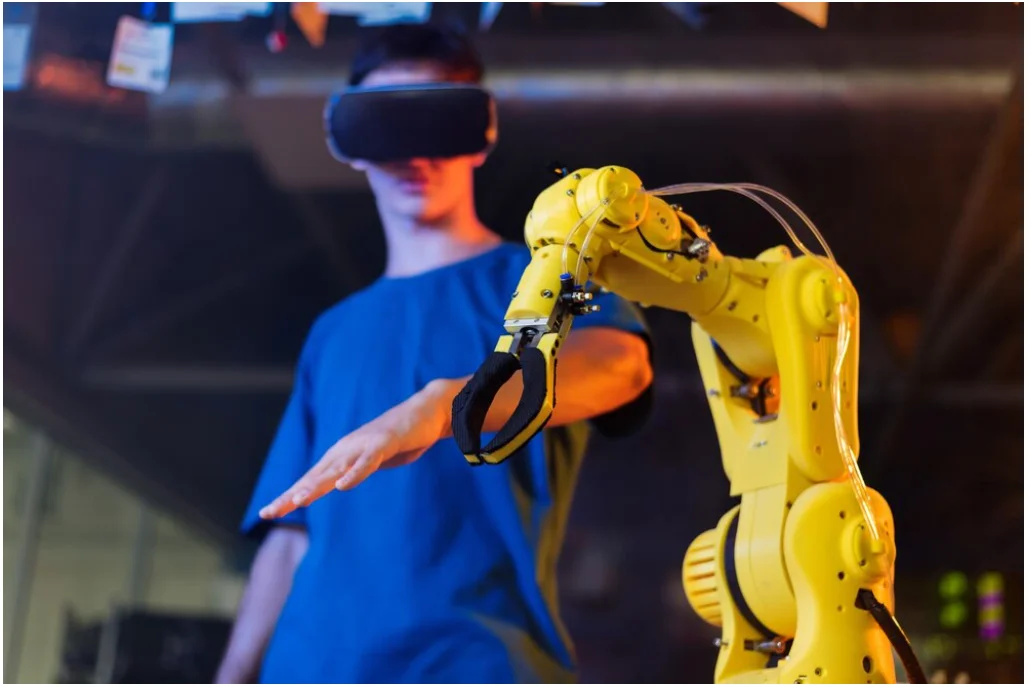
Robotics is the study, design, and use of robots to automate tasks and perform functions that would otherwise require human intervention. It is a rapidly growing field, as evidenced by the global industrial robotics market, which was valued at $37,876.0 million in 2020 and is projected to reach $116,848.7 million by 2030.
Learning about robotics can help prepare children for future careers in engineering, manufacturing, and healthcare, where robotics is becoming increasingly prevalent.
Robotics teaches children about programming, mechanics, and electronics while fostering creativity, critical thinking, and problem-solving abilities.
10. DEVELOP SECURITY OPERATIONS
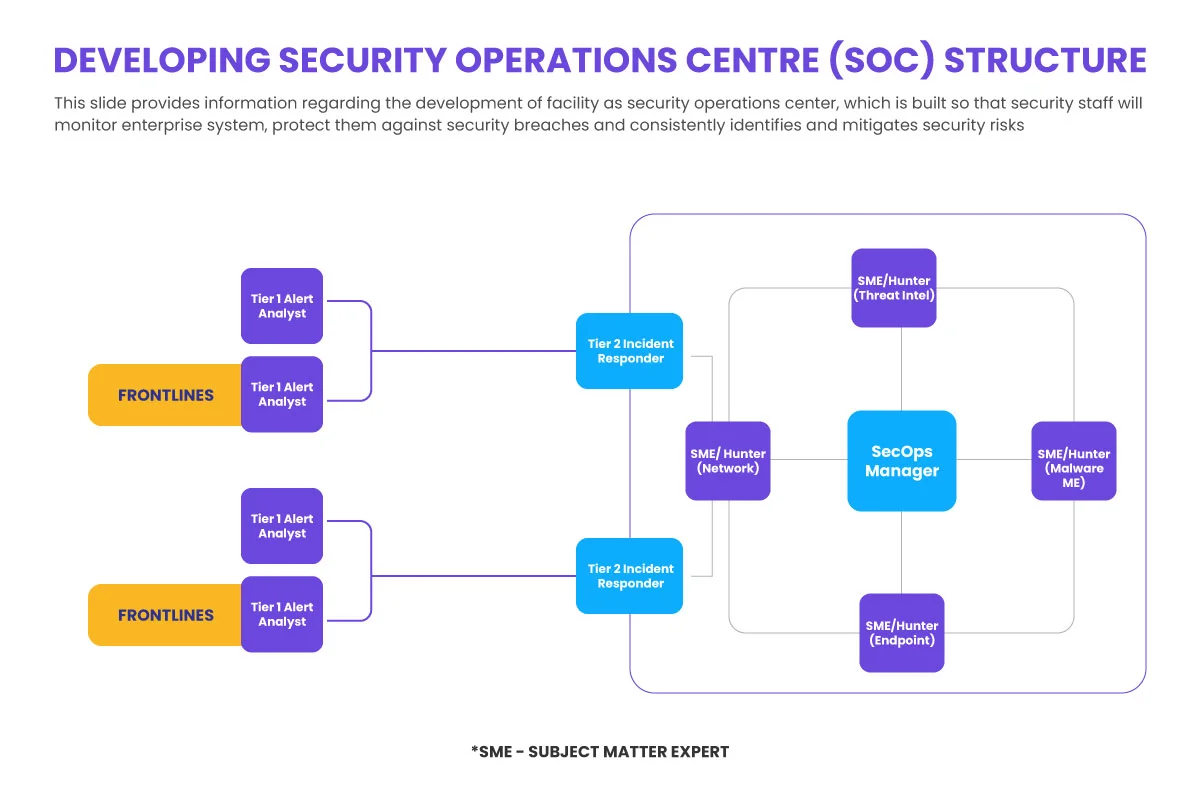
DevSecOps, or the integration of security into software development, is a rapidly expanding field. Organizations will place a significant priority on software and system security starting in 2024, which will make DevSecOps expertise extremely desirable. Tech workers will need to grasp automated technologies for security testing and secure coding methods.
The information above can assist children in making informed decisions about their career path at an early age. This, in turn, enhances their self-assurance and self-respect, which are crucial for their future success.
Moonpreneur is on a mission to disrupt traditional education and future-proof the next generation with holistic learning solutions. Its Innovator Program is building tomorrow’s workforce by training students in AI/ML, Robotics, Coding, IoT, and Apps, enabling entrepreneurship through experiential learning.
























